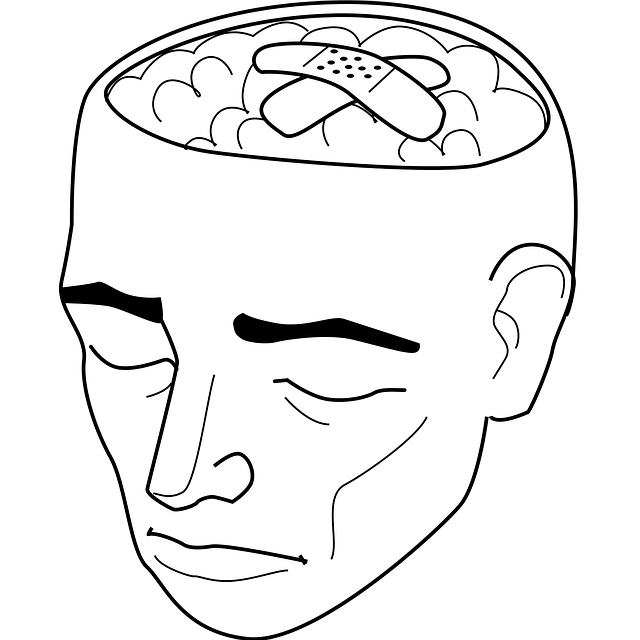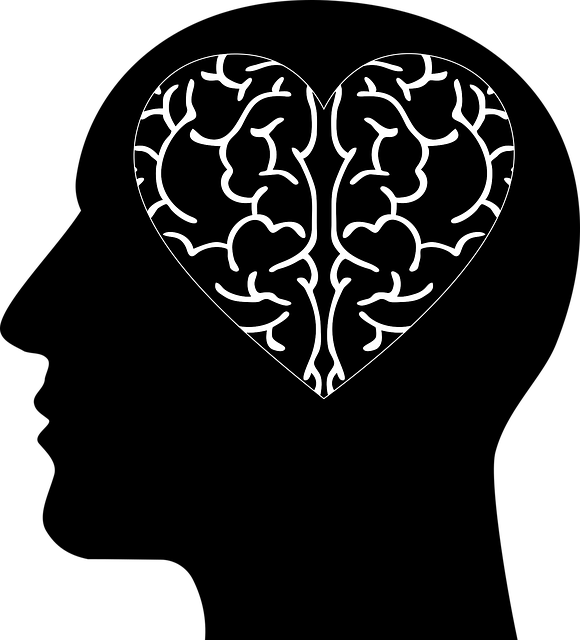Louisville's mental health professionals are adopting a culturally sensitive approach, particularly through Exposition and Response Prevention Therapy (ERPT), tailored to the city's diverse community. By recognizing unique life experiences and communication styles, therapists integrate practices like Social Skills Training and Crisis Intervention Guidance that respect cultural differences. This inclusive environment reduces stigma and fosters empathy, ensuring ERPT remains accessible and impactful for all residents, while also preventing burnout among healthcare providers through cultural sensitivity strategies.
In today’s diverse society, cultural sensitivity in mental healthcare is more crucial than ever. Understanding cultural diversity is essential to delivering effective treatment, as it shapes individuals’ experiences and interactions with therapy. This article explores these dynamics through the lens of Louisville Exposure and Response Prevention Therapy (ERP), a proven approach that adapts to diverse cultural backgrounds. We delve into best practices for creating inclusive environments, addressing ethical considerations, and providing resources for mental health professionals to enhance their cultural competence.
- Understanding Cultural Diversity in Mental Healthcare
- – Exploring the need for cultural sensitivity
- – Defining cultural competence and its role in therapy
Understanding Cultural Diversity in Mental Healthcare

In the diverse landscape of mental healthcare, understanding cultural diversity is paramount to delivering effective treatment. Louisville Exposure and Response Prevention Therapy (ERPT), for instance, must adapt to cater to individuals from various ethnic, racial, and cultural backgrounds. Each person brings unique experiences, beliefs, and communication styles that significantly impact their interaction with therapy. Recognizing this, mental health professionals in Louisville are increasingly incorporating Social Skills Training and Crisis Intervention Guidance tailored to respect and integrate these differences.
By acknowledging the pervasiveness of Mental Illness Stigma Reduction Efforts, therapists can foster an inclusive environment where patients feel safe to share their struggles openly. This involves not just adapting therapeutic techniques but also cultivating a deep empathy for cultural nuances. Such sensitivity ensures that ERPT remains accessible and impactful, addressing the specific needs of Louisville’s diverse community while promoting holistic healing.
– Exploring the need for cultural sensitivity

In today’s diverse society, cultural sensitivity is paramount in mental healthcare practice. Louisville Exposure and Response Prevention Therapy (ERPT) recognizes that individuals from different backgrounds may experience and express psychological distress uniquely. This approach understands that cultural contexts shape not only how people seek help but also their perceptions of mental illness and therapeutic interventions. For instance, what might be considered a healthy coping mechanism in one culture could be viewed as problematic in another. ERPT strives to bridge this gap by integrating culturally sensitive practices, ensuring that treatments are adaptable and respectful of diverse beliefs and values.
By adopting these principles, therapists can better assist clients in managing conditions like depression and stress, and even prevent the onset of depression through tailored interventions. Social Skills Training, for example, can be customized to navigate cultural norms and expectations, fostering a more inclusive environment that promotes healing. Moreover, by acknowledging the intricate relationship between culture and mental health, ERPT enhances overall therapeutic outcomes, making it an effective approach in addressing mental health challenges while honoring individual cultural identities.
– Defining cultural competence and its role in therapy

Cultural competence is a vital aspect of mental healthcare practice, ensuring therapists can effectively support individuals from diverse backgrounds. It involves understanding and appreciating cultural differences in beliefs, values, and behaviors, and applying this knowledge to create inclusive therapeutic environments. This sensitivity is particularly crucial in Louisville Exposure and Response Prevention Therapy (ERPT), where the therapist-client relationship must be strong for successful treatment of various mental illnesses. By incorporating strategies like Social Skills Training, therapists can foster open communication and reduce barriers stemming from cultural differences or Mental Illness Stigma Reduction Efforts.
Moreover, cultural competence plays a role in preventing Burnout Prevention Strategies for Healthcare Providers. Recognizing and respecting cultural nuances allows therapists to avoid assumptions and missteps that could lead to emotional exhaustion. It encourages a more tailored approach to therapy, enhancing patient outcomes and the overall well-being of both clients and healthcare providers.
In today’s diverse society, mental healthcare practitioners must embrace cultural sensitivity as an essential component of effective treatment. By understanding and respecting different cultural backgrounds, beliefs, and practices, therapists can create a safe and inclusive environment for clients. This approach, such as Louisville Exposure and Response Prevention Therapy (LERP), promotes meaningful connections, enhances therapeutic alliances, and ultimately improves outcomes. Embracing cultural competence ensures that mental health services are accessible and beneficial to all individuals, fostering a more equitable and supportive healthcare system.














